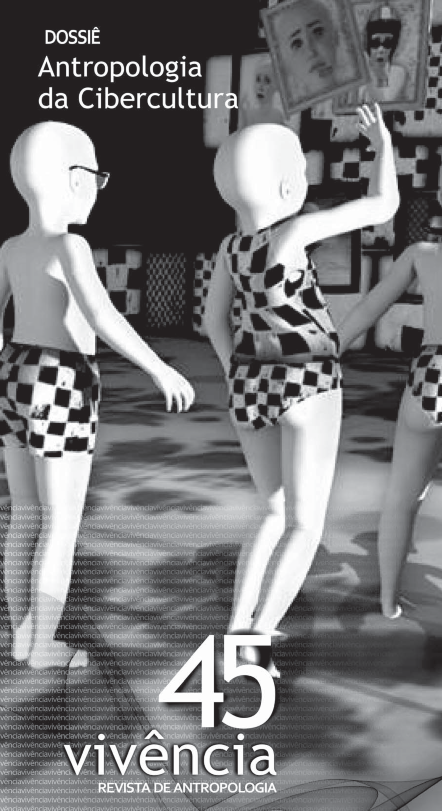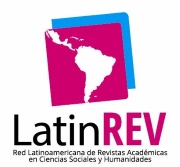Territorialidades marítimoscosteiras: un estudio de localidad y conocimiento en la costa uruguaya / Marine-costal territorialities: a study of locality and knowledges in uruguayan coast
DOI:
https://doi.org/10.21680/2238-6009.2015v1n45ID8257Keywords:
Territorialidades. Conocimientos. Habitar. / Territorialities. Skills. Dwell.Abstract
El presente articulo tiene como objetivo presentar los avances de la investigación sobre las diversas territorialidades marítimo costeras en una localidad de la costa Este de Uruguay. En dicha tesis me propongo, siguiendo a Latour (2005), rastrear las asociaciones entre los distintos actantes en la región costera y en relación a dicho espacio, así como analizar los posibles ensamblados construidos por los mismos. Profundizo em cómo ha sido construido el espacio marítimo-costero culturalmente y en los procesos de “habitarlo” (INGOLD, 2002). Para ello retomo la perspectiva de Ingold en diálogo con Latour (y otros abordajes) que hace hincapié en la relación de los sujetos en el movimiento, en el “vagabundeo” (INGOLD, 2012) por los lugares. Específi camente en este artículo se hará hincapié en las experiencias cotidianas de los individuos em el territorio y en la construcción de diversas territorialidades. En este sentido, el foco de este texto está puesto en los diversos códigos de uso del espacio y en las diversas formas de apropiación del mismo. Teniendo en cuenta las particularidades que presenta el espacio marítimo-costero, al ser un espacio de uso público, reglamentado en algunos aspectos por el Estado, en movimiento permanente y de carácter por tanto, dinámico. En el cual confl uyen diversos actores y “actantes” (LATOUR, 2005) con percepciones y conocimientos diversos. Las actividades que exploraremos en este trabajo son el surf, la pesca artesanal y la investigación de las ciencias biológicas.
Abstract
The present article aims to put forward the advances of the research about the coastal-maritime territorialities in one locality of the East Uruguayan coast. In this thesis my purpose, following Latour's (2005) studies, is to follow the associations between different “actants” in the coast region and the relations with that place, as well as analyze the possible constructions assembled by them. I want to study how the maritime-coastal space has been built and in the process of inhabiting it. (INGOLD, 2002). For this propose, I get back to Ingold's perspective in dialogue with Latour (and other theories), that emphasizes the relation of the people in the movement, in the dwelling (INGOLD, 2012) along those places. Particularly in this text we will focus in the everyday experiences of the people in the land and in the construction of different territorialities. Therefore, the focus of the text is the different codes of use of space and the different ways of its appropriation, being aware of the particularities that this type of maritimecoastal place has, such as being a place of common use, regulated in some ways by the State, in permanent movement and with a dynamic character. In this type of territory, several social characters and “actants” (LATOUR, 2005) live together, holding different perceptions and several skills. The activities we will explore here are surfing, handcraft fishery and biological sciences researches.


 Português (Brasil)
Português (Brasil) English
English Español (España)
Español (España) Français (Canada)
Français (Canada)






